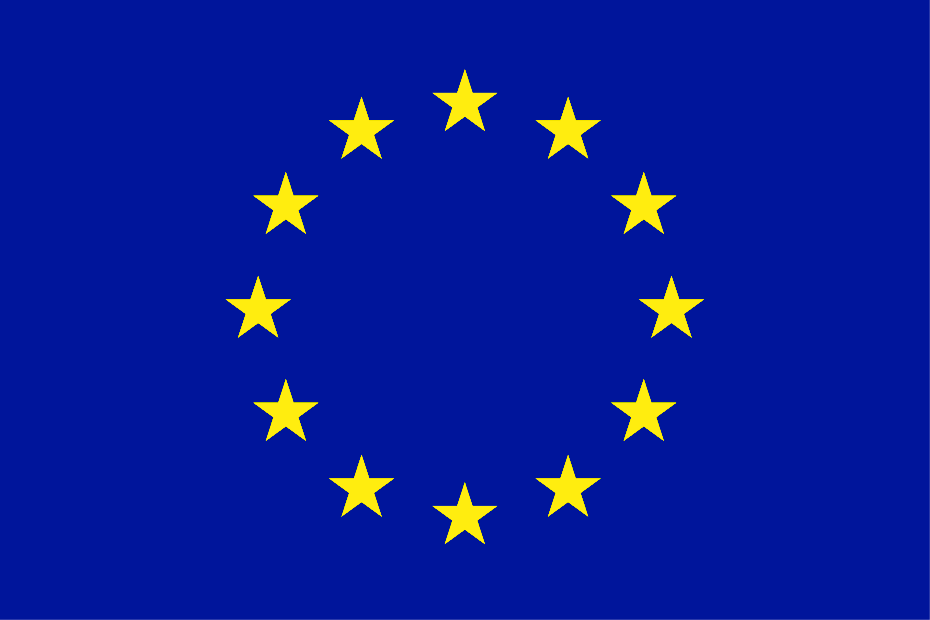What are cookies?
Cookies are files that are downloaded to your computer when you access certain websites. They allow, among other things, storing and retrieving information about the browsing habits of the people who visit them (their site preferences, where the website is visited, how long it lasts, what browser has been used, etc.) and, depending on the information they contain and their configuration, can be used to recognize the user. Cookies can be internal or from third parties. Internal ones are the ones that are installed because the domain of the site decides so. Those of third parties come from other external sources, such as advertisements, images, etc. inserted in the web pages.
What information is stored in a cookie?
Cookies do not store sensitive information about you such as credit cards, bank details, photographs, ID number or personal information. The data they keep are technical data, personal preferences, personalization of contents, etc.
Before continuing, do you know what cookies we use?
We use our own cookie, acceptCookie, to know that you have accepted the cookie policy and not to show you the message again. This cookie expires 2 months after installation.
We also use a unique third-party cookie, the User ID extension for Google Analytics (Google Inc.), which helps us to know how you interact with our website and distinguish you from other users. This is done without collecting any personal information, only assigning a personal identifier to each visitor. We keep this information until March 2026, with the intention of ensuring the methodological validity of the RRIstart project, since it allows us to filter the answers provided by the same user who repeats the survey.
Now, we explain a little more about cookies
We can distinguish or classify them based on several criteria:
Depending on the period in which they remain active:
Session cookies: they are temporary cookies that are created when you visit a website and expire when you finish the session, so they are not registered on the computer.
Persistent cookies: they are stored on the computer after your browsing session. They allow websites to remember your preferences and settings when you sign in again. They remain active for a set period of time, which can range from a few minutes to several years.
According to the entity that manages them:
Own cookies: they are those established by the domain of the website you are visiting and are essential for its operation.
From third parties: they come from other external sources, such as advertisements, images, etc. inserted in the pages. They have statistical purposes.
According to its purpose:
Technical: they are the most elementary cookies and allow, among other things, to know if a human or an automated application is browsing, if an anonymous or registered user is browsing, etc. These are basic tasks for any dynamic web to work.
Analysis: they collect information about the type of navigation that is being carried out, the pages/sections of the website that are visited the most, the products seen, the time zone of use, the language, etc. Its purpose is to introduce improvements based on the analysis of browsing behaviors.
Personalization: they allow you to access the service with some predefined general characteristics depending on a series of criteria in your user’s terminal, such as the language or the type of browser through which you connect to the service.
Advertising: they enable management of advertising in spaces that have been enabled for this purpose in web pages, depending on the user’s browsing behavior, their country of origin, language, etc.
Behavioral advertising: they allow the management, in the most efficient way possible, of the advertising spaces that, if applicable, the editor has included in a web page, application or platform from which the requested service is provided. This type of cookies stores information on the behavior of visitors obtained through the continuous observation of their browsing habits, which allows the development of a specific profile to display advertisements based on it.
Does our cookie policy convince you?
When you access this website for the first time, we show you a basic information about the cookies we use at the bottom of the page and you can:
– Accept that we use cookies, and in that case we will not ask you about it again. This notice will not be displayed again when you access any page of the website.
– Obtain more information related to the cookies we use by reading this policy.
– Reject cookies
Can cookies be deleted?
Yes. Not only can you eliminate them, but also block them, in a general or specific way, for a specific domain. For that, visit the settings of your browser and there you can manage them as you want.
Ok, fine, but how do I do it?
We make it easy for you. Select the link below according to the browser that you use.
What happens if you disable cookies?
We cannot see how you interact with our website, which is key to the success of the RRIstart project, and that we cannot remember that you did not want to install cookies. So, unless you have configured your browser, we’ll ask again.
Changes in the cookies policy
If we change the type of cookies we use, we will inform you, do not worry. You can continue accepting, rejecting or configuring your preferences. You will always have all the necessary information available in this policy. And, if you have any questions, you can contact us at info@ideasforchange.com

This project has received funding from the European Union’s Horizon 2020 Research and Innovation Programme under grant agreement No 101005937
The contents of this website reflect the views of the RRIstart project. The views expressed in the website do not necessarily reflect the views of the EC

